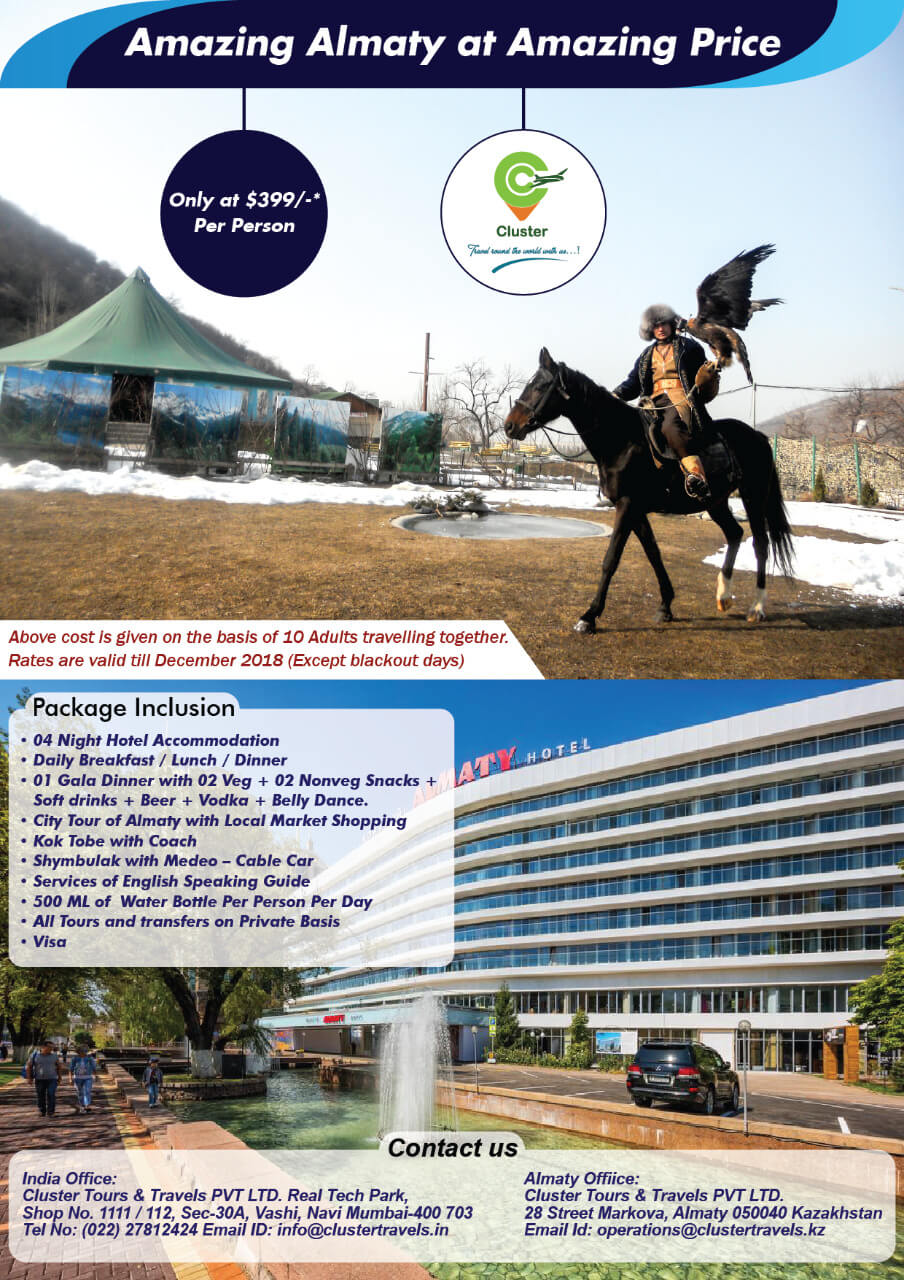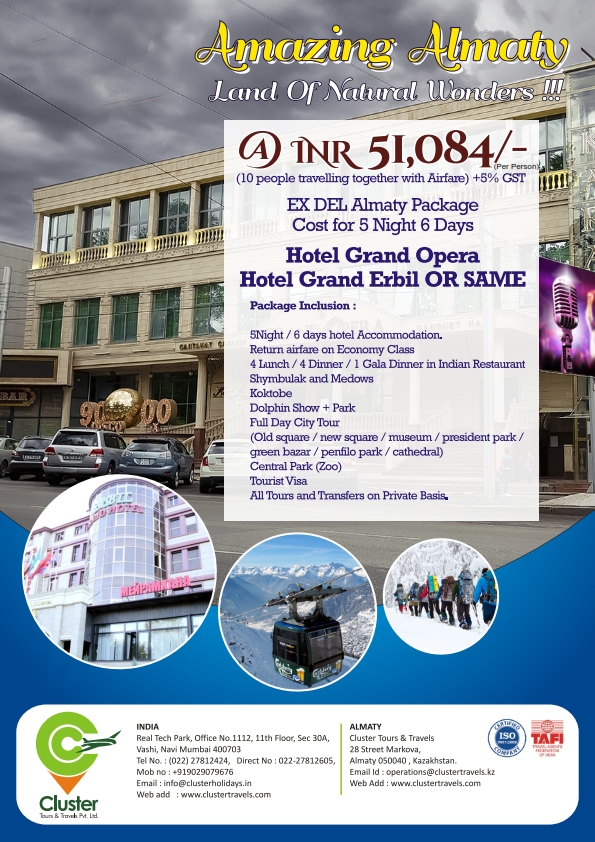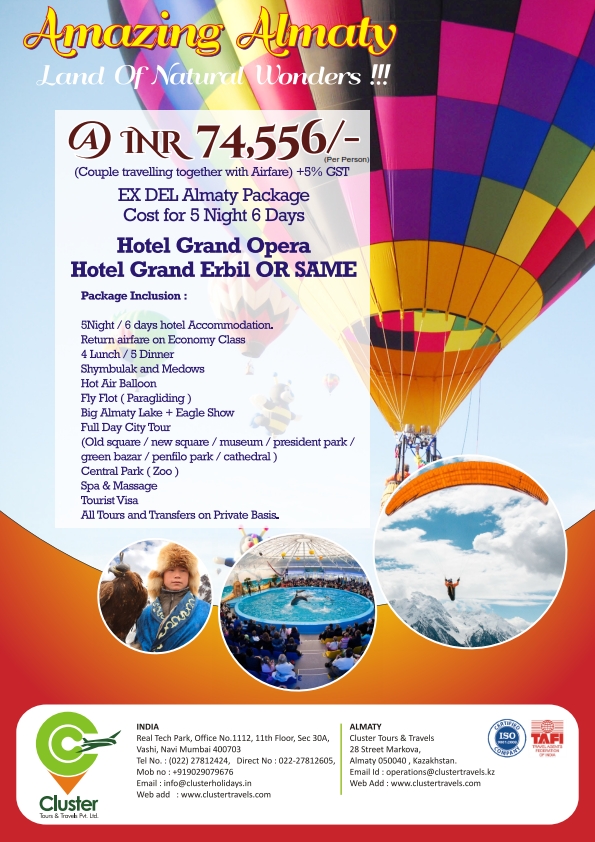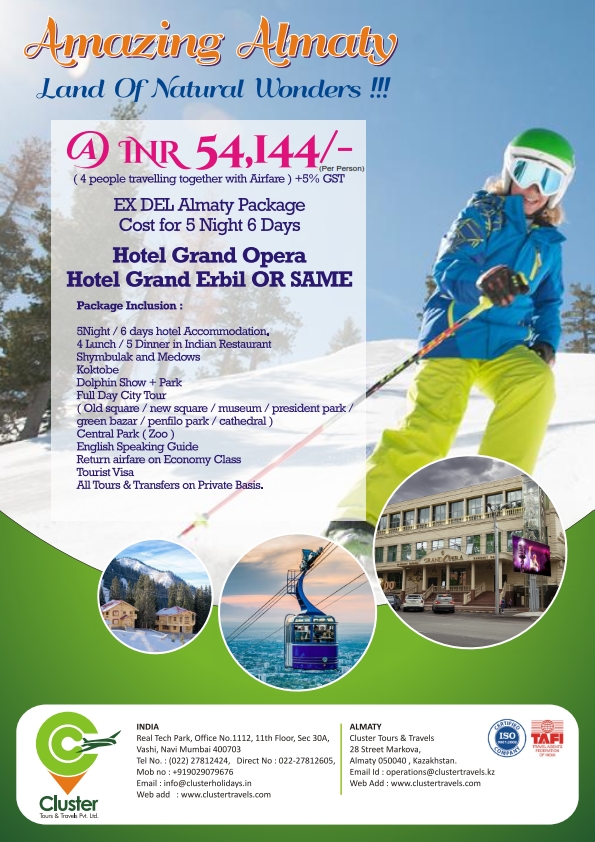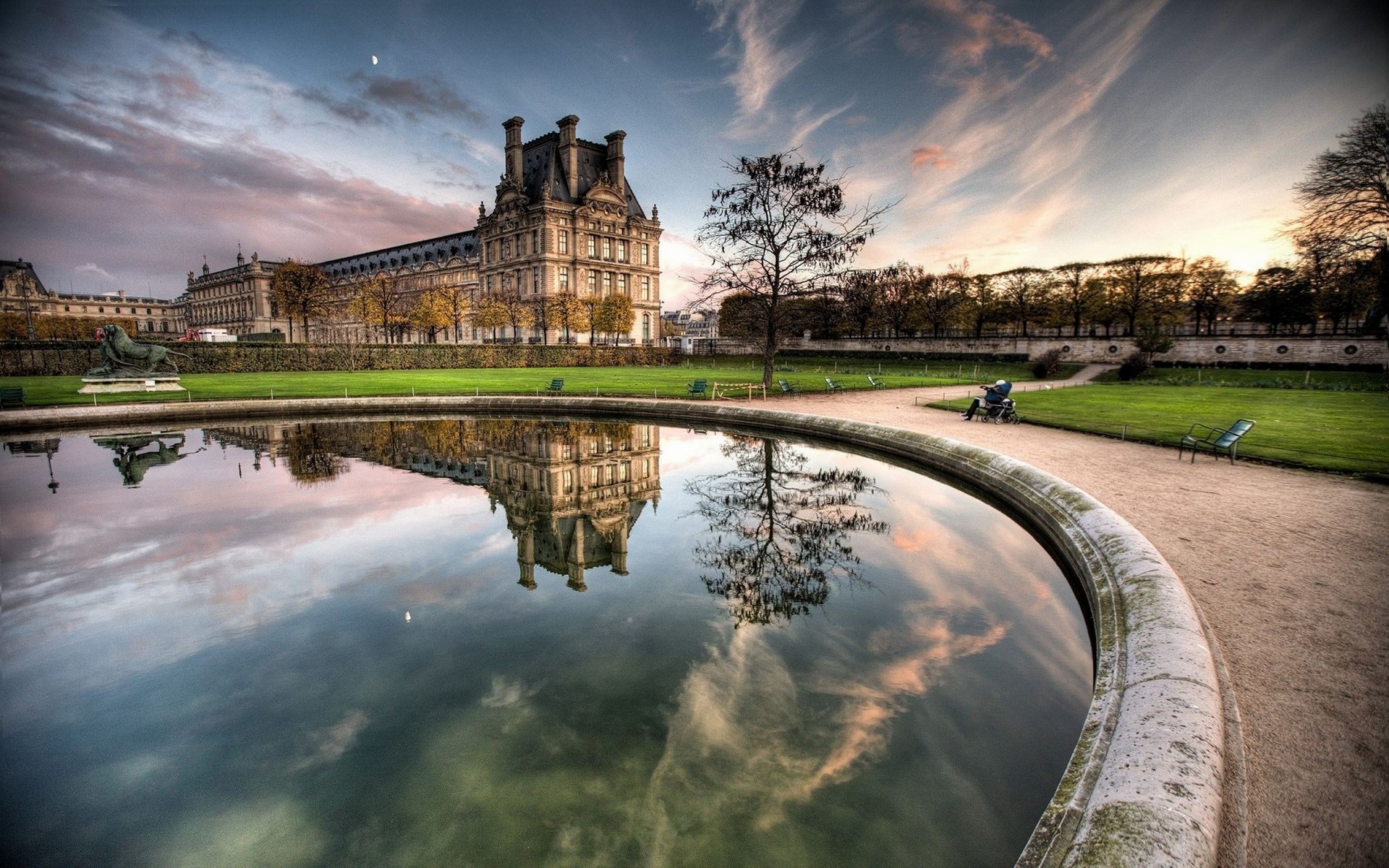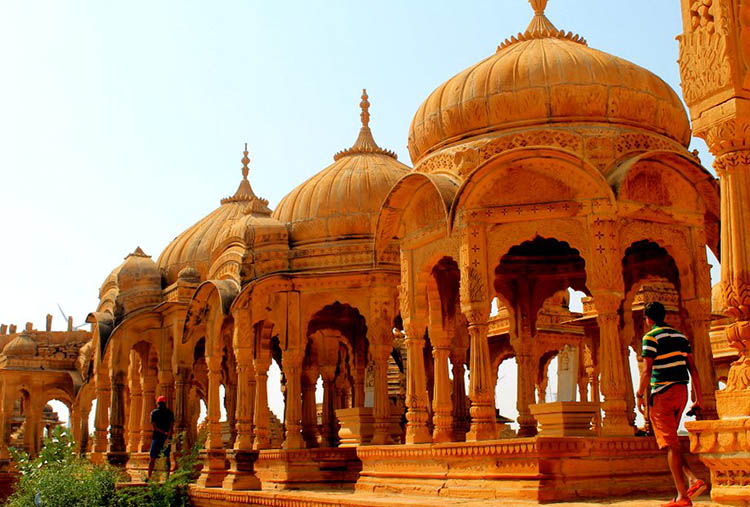
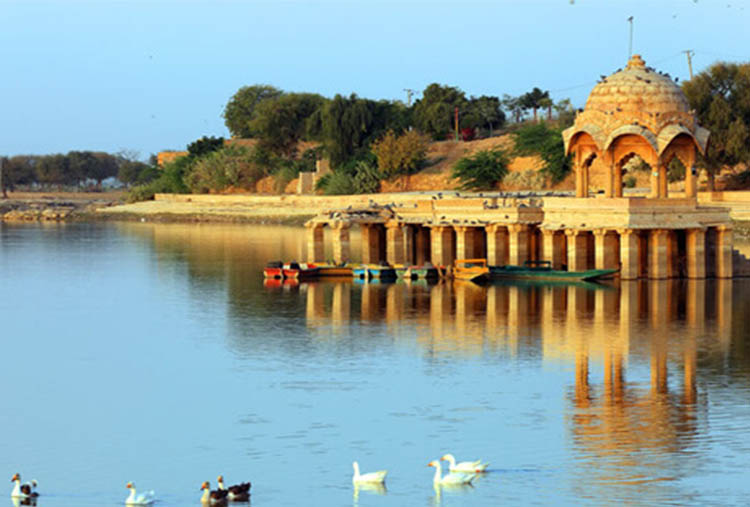

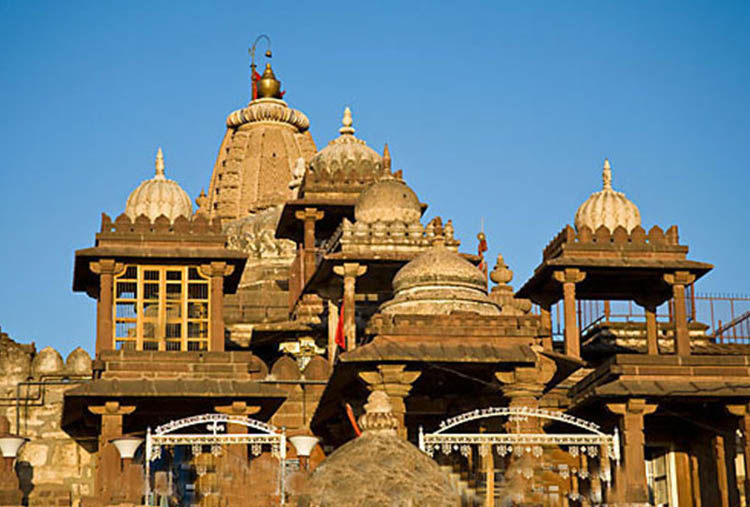

DAY 01 – JODHPUR – JAISALMER (300 KMS)
Arrive Jodhpur Airport / Railway Station and drive to Jaisalmer enroute visiting Osian and Phalodi.
Osian – Surrounded by sand dunes, this ancient town 65 km north of Jodhpur contains the largest group of eighth to tenth century Hindu and Jain temples in Rajasthan. The typical Pratihara dynasty temple complex is set on a terrace with finely decorated walls. There are 23 exquisitely sculptured temples in groups north, south, and west of the town. See the 8th century Surya temple with beautifully carved pillars, the Mahavira temple, the Sachiya Mata temple, a living temple of Golden Durga, etc.
Phalodi is an old caravan center in the Thar Desert. This town was a trading center being on the land route from North Western India into Central India. Phalodi is thought to have been founded in the 15th century. In the books of history this town was famous for Jain and Hindu temples. It is believed that some of these temples are over 300 years old. There are a number of havelis in Phalodi. Most of them are typical in their style. Most of the havelis have their entrances towards the main road; special attention has been given in building Jharokhas and Jaalis to keep womenfolk in seclusion. Nearly all of them are painted in vibrant colors. Temples prefer bright yellow for the doors, a fabulous combination against pristine whitewashed walls, the sand and the colorful attire of the womenfolk. Phalodi town is famous for its delicate ‘jooti’.
Later continue drive to Jaisalmer; Arrive Jaisalmer and transfer to your hotel. Jaisalmer – a fairy-tale town in the Thar Desert founded about 800 years ago by Jaisal. Unlike any other city, this desert fortress is one of Rajasthan’s most exotic and unusual towns. Jaisalmer, an important ancient trading centre because of its strategic location on the camel trade routes, is often described as the ‘golden city’. The havelis, built by merchants of the 19th century, are exquisitely carved from golden-yellow sandstone and are still in a beautiful condition. The fort built by Rawal Jaisal in the 12th century, stands on the 80-meter-high Trikuta hill, with beautifully carved Jain temples. The annual desert festival takes place in January and February each year and is a riot of colour and activity. Jaisalmer is also famous for its embroidery, Rajasthani mirror work, rugs, and blankets, antique, silver jewellry, and stonework and camel safaris.
Overnight at Hotel
DAY 02 – IN JAISALMER
After breakfast leave for the city tour of Jaisalmer. Visit the Gadsisar Lake a water conservation tank made around 1400 A.D. by the then maharaja of Jaisalmer, Maharawal Gadsi Singh. This structure just outside the city walls once acted as a reservoir that controlled the entire supply of water to the arid city. Thera are whole varieties of temples and shrines surrounding the lake.
Visit the famous Havelis (mansions) known for their frescoes. Jaisalmer’s strategic position on the camel terrain route bought it great wealth. The merchants grew prosperous and commissioned great havelis, or mansions, to flaunt their ever-growing status in society. Made of local golden-yellow sand stone and wood, some of the havelis are still in excellent condition. The most elaborate and magnificent of all the Jaisalmer havelis is the Patwaon Ki Haveli. Five Jain brothers built the Haveli between 1800 and 1860. Salim Singh Ki Haveli and Nathmal Ki Haveli are the other two havelis that are opened to visitors.
Built in 1156 by the Bhatti ruler, Jaisal, THE FORT here stands atop the 80 m high Trikuta hill. 3 walls and features 99 bastions surround the fort. Over the centuries, the golden sand stone fortress witnessed many battles between the Bhatti Rajput’s, the Mughals and the Rathore’s of Jodhpur. Within the fort complex lie the beautifully carved Jain Temples built between the 12th and 15th centuries. The Maharawals (rulers) of Jaisalmer were devout Hindus but were tolerant of Jainism, and encouraged art and religion. There are 7 temples in the complex – Chandraprabhu, Parasnath, Shitalnath, Sambhavnath, Shantinath, Kunthunath and Rikhabdev Temple. The temples are all connected by a series of corridors and walkways. Close by is the Gyan Bhandar, a library founded in 1500 A.D. This house is priceless ancient manuscripts and other exhibits like astrological charts, besides the Jain equivalent of the Christian Shroud of Turin.
Later visit the Bada Bagh, 6 km north of Jaisalmer, is a fertile oasis with mango trees and a huge old dam. Above the gardens are royal Chhatris (memorials) with finely carved ceilings and equestrian statues of former rulers. Amar Sagar, 5 km northwest, was once a formal garden with a pleasure palace of Amar Singh on the banks of a lake which dries up in the summer. Nearby is a beautifully carved Jain temple.
Lodhurva, 15 km northwest of Jaisalmer, was the ancient capital before the move to Jaisalmer. It contains some very beautifully carved Jain temples which are worth a visit.
Also visit the abandoned and cursed village Kuldhara, 15 Km. west of Jaisalmer a city in western Rajasthan lies the ruins of a village which was called Kuldhara. The first sight of Kuldhara village, more a town actually, sends one imagination running to the time it may have been inhabited and a well-planned settlement of 84 villages of Paliwal Brahmins – a prosperous community. But one night in 1825 all the people in Kuldhara vanished in dark.
In the evening, proceed for the excursion to Sam Sand dunes. Located at a distance of 42 kilometers from Jaisalmer, Sam Sand Dunes is the closest point to witness the total sandy desert. You can also see the patterns and motifs created by the shifting sands and air. Moreover, Sam Sand Dunes also provide you with an unforgettable experience of camel rides and the sunset.
Overnight at Hotel
DAY 03 – JAISALMER – JODHPUR (300 KMS)
After breakfast drive to Jodhpur; Arrive Jodhpur – Arrive to the Blue City – Jodhpur and transfer to your hotel.
An oasis in the arid Thar Desert, Jodhpur is the second largest city in the state of Rajasthan. Representing this colourful city with shades of blue, Jodhpur has a history that is rich and a present that beckons strongly to the discerning tourist. Forts and palaces, temples and havelis, culture and tradition, spices and fabrics, colour and texture, Jodhpur has them all and in plenty. Situated in Western Rajasthan, Jodhpur has long attracted both the domestic and outside tourist. It not only offers tangibles, in terms of what you can see and buy but also fills one with a sense of history and the splendours of an era gone by. The hospitality of the locals, the demure women, and the colourful turbans -all set against the beloved desert (Marwar) is something to feel, not just see. Every pore of Jodhpur tells its own tales of heroic deeds that made legends out of kings and soldiers, romances that continue to warm the heart and a time when epics were lived out on the streets by everyday man.
Later proceed for half day city tour of Jodhpur visit the Meherangarh Fort, situated on a low sandstone hill. The palace apartments like Sukh Mahal, Phool Mahal, and Sheesh Mahal etc are beautifully decorated and house Jewellery, costumes, armoury, palanquins, howdahs and other remnants of the past. See the Jaswant Thada, an imposing marble memorial to Maharaja Jaswant Singh II built in 1899. Later the royal crematorium and three other cenotaphs were also built here. Also visit Sardar Bazaar and Clock Tower markets where you can see the vegetable, spice, Indian sweets, and textile and silver markets. These colourful markets with tiny shops dot the narrow lanes replete with woodcarvings, wrought iron, lacquer work, silver and ivory ornamentation and leather handicrafts.
Overnight at Hotel
DAY 04 – DEPART JODHPUR
In time transfer to Jodhpur Airport / Railway Station to board your flight / train for onward destination
Hotels Accommodation
Mail as per Itinerary
Economy Air Ticket
Tourist VISA
Travel Insurance
There is no content
1) Jodhpur is a city in the Thar Desert of the northwest Indian state of Rajasthan. Its 15th-century Mehrangarh Fort is a former palace that’s now a museum, displaying weapons, paintings and elaborate royal palanquins (sedan chairs). Set on on a rocky outcrop, the fort overlooks the walled city, where many buildings are painted the city’s iconic shade of blue.
2) Jaisalmer is a former medieval trading center and a princely state in the western Indian state of Rajasthan, in the heart of the Thar Desert. Known as the “Golden City," it’s distinguished by its yellow sandstone architecture. Dominating the skyline is Jaisalmer Fort, a sprawling hilltop citadel buttressed by 99 bastions. Behind its massive walls stand the ornate Maharaja’s Palace and intricately carved Jain temples.
Special Offers
